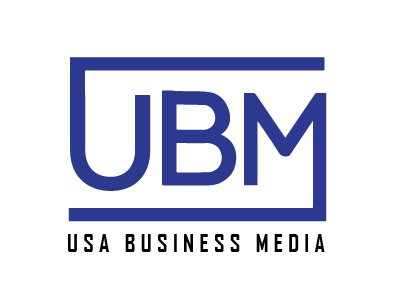Consumers in the U.S. and Europe are gravitating toward cheaper private-label products.
Supermarkets are doubling down on their in-house product lines, seeking to capitalize on the disposable-income squeeze that is hitting consumers.
Sales of private-label products, which are typically cheaper than brand-name equivalents, have surged in recent months as shoppers look for ways to economize amid soaring inflation.
In response, big supermarket operators such as Kroger Co. KR -1.52%decrease; red down pointing triangle in the U.S. and Carrefour SA CRRFY -3.22%decrease; red down pointing triangle in Europe say they are investing in expanding their in-house offerings across more price points and product categories.
Supermarkets typically make a higher profit margin on private-label goods than they do from selling branded products made by consumer behemoths such as Kraft Heinz Co. and Unilever PLC. Pushing lower-priced products could also enable grocers to win the loyalty of consumers by casting themselves as the shopper’s ally during difficult times.
“We continue to expand and diversify our brands portfolio at every price point,” Kroger Chief Executive Rodney McMullen said on a call with analysts earlier this month. More customers were turning to the company’s private-label products, he said, “as a way to stretch their food budgets.”
A recent survey of food retailers by FMI, a food-industry trade group, revealed that more than 80% of respondents plan to moderately or significantly increase their investments in private brands over the next two years.
Supermarkets have been ramping up their investment in private brands for years as a way to differentiate themselves from competitors and build customer loyalty. After losing ground to brand-name products during the pandemic, sales of private-label goods have regained momentum this year. The growth of German discounters Aldi and Lidl, where in-house products outnumber branded goods by about four to one, has also underscored the mass appeal of affordable alternatives
The picture is similar in some other parts of Europe, where shoppers typically buy more store-brand goods than their U.S. counterparts.
Dutch group Koninklijke Ahold Delhaize ADRNY -1.24%decrease; red down pointing triangle NV operates supermarket chains across Europe and in the U.S., where its brands include Food Lion and Stop & Shop. The company said its store brands account for half of sales in the Netherlands and Belgium compared with 30% in the U.S. It said its Dutch chain, Albert Heijn, recently expanded its store-brand line.

